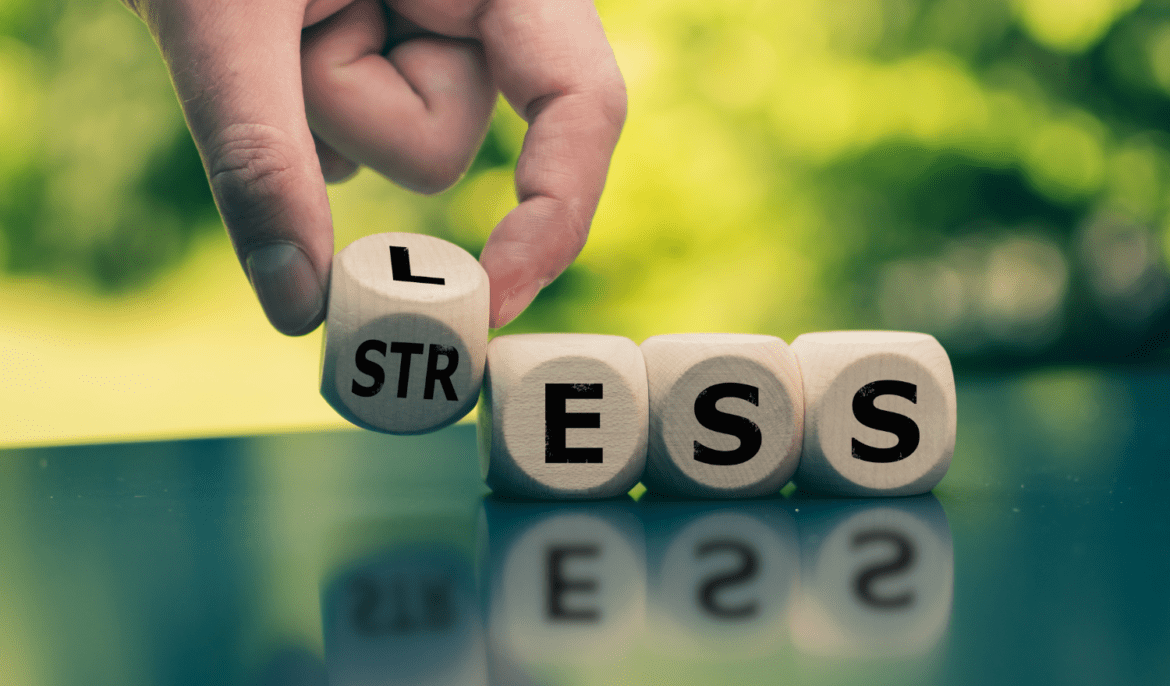Stress has become a pervasive issue that affects our overall wellbeing. We all want to stress less! But stress isn’t all bad. We need to understand how it affects the body (positively and negatively) and learn to harness it effectively before it takes over, causing a cascade of issues physiologically and emotionally.
Quoting Kelly McGonigal, the author of The Upside of Stress, we need to become “better at stress”. She suggests “The best way to manage stress isn’t to reduce or avoid it, but rather to rethink and even embrace it.”
So it’s not a case of how to stress less. Instead, you need to learn how to better use the energy of stress so you feel more empowered in the face of challenges, without allowing stress to take over, causing overwhelm and burnout.
McGonigal points out that how you think about stress and how you respond to it both play an important role in how it affects you. As a result, “you can change its effect on everything from your physical health and emotional wellbeing to your satisfaction at work and hopefulness about the future”.

Understanding Stress and its Impact on your Health
Stress is a natural response of the human body to challenging or demanding situations. It is the body’s way of preparing itself to face or avoid a perceived threat or challenge. In fact, McGonigal’s take on it is that it’s “what arises when something you care about is at stake.”
“You don’t stress out about things you don’t care about, and you can’t create a meaningful life without experiencing some stress.”
However, when stress becomes chronic or excessive, it can have a detrimental impact on your physical and mental health.
Prolonged exposure to stress can lead to a variety of health issues, including high blood pressure, heart disease, depression, anxiety, and a weakened immune system.
Stress can also contribute to the development of various physical ailments, such as headaches, muscle tension, digestive problems, and sleep disturbances.
Furthermore, chronic stress can have a negative impact on our cognitive function, leading to difficulties in concentration, decision-making, and problem-solving.
However, our approach needs to be not about how to stress less but how to use it to improve our mental and physical health, and enhance overall quality of life.

Rethinking Stress
McGonigal suggests that rather than fearing stress you can harness it to support resilience, because your stress response “helps you to engage, connect and grow.”
Did you know that the stress response in the body can activate multiple biological systems, each supporting a different coping strategy?
This means we have many potential stress responses, not just one uniform response in the body as many people believe. The latest science backs this up, indicating there is more than one way to experience stress.
McGonigal delves into these responses in her book including the challenge response and the tend-and-befriend response. She notes that stress doesn’t just help the body act but it also fires up the brain.
Knowing this, we are encouraged to rethink our stress when we feel it in the body, and allow ourselves to shift the stress experience to be one of strength rather than harm.
To delve more into this, I highly recommend The Upside of Stress.

Awareness and Stress Triggers
So awareness is the key. Identifying your stress triggers is a good first step in effectively managing it in the body. Then you can begin to choose how to respond, finding the stress management techniques that work for you.
To identify your triggers, it’s important to pay attention to what consistently causes you to feel overwhelmed, anxious, or irritable. Sources may include work, relationships, financial concerns, or even daily routines and responsibilities.
Keeping a journal could be helpful. Record the specific events or circumstances that lead to these feelings, as well as your physical and emotional responses to them. Be aware that different types of stressful situations can provoke different responses.
Once you have identified your stress triggers, you can begin to develop strategies to address them.
Changing your Stress Response
A few factors that influence your response to stress can be your genetics, your life history, and possibly trauma you have experienced during your life. However, none of these factors are destiny. What we now know thanks to epigenetics and neuroplasticity is that your brain and body continually reshape themselves.
McGonigal explains “Your stress response is extremely receptive to the effects of deliberate practice. Whatever actions you take during stress, you teach your body and brain to do spontaneously. If you want to respond to stress differently…there is no better way to change your habits than change your response during stress”.
So it’s important to understand triggers, reconsider your mindset around stress, form new habits and find tools that work for you so you can harness your stress in daily life so it doesn’t overwhelm.
Choose to fear stress less, trust that you can handle it, and see it as a resource to engage in your life.
If you feel stress is overwhelming you and you would like to understand your stress responses and how to change your mindset around stress, reach out to me HERE to organise a 15 minute connection call. My online 1:1 holistic counselling and coaching sessions can assist you with understanding your stress triggers and teaching you tools to harness your stress and bring calm to the mind and body.





